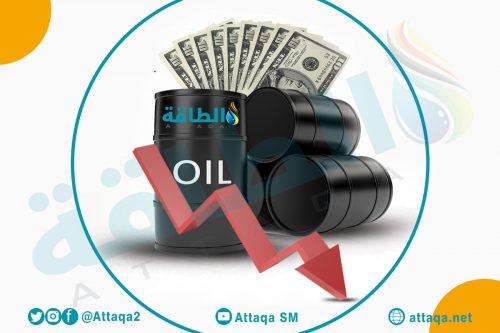Oil prices fell globally, today, Tuesday, February 14 (2023), after the US government announced its intention to release more of its strategic reserve stock, as mandated by lawmakers.
This announcement by the US government came to challenge the expectations of some traders, who excluded this launch from the strategic reserve, or at least the possibility of delaying it, according to what was published by Reuters.
The US Department of Energy had said after the end of the previous session, during which oil prices rose, that it would sell 26 million barrels of oil from the strategic reserve, which is likely to push the US reserves to their lowest levels.
Oil prices worldwide today
By 7:00 AM GMT (10:00 AM Mecca), Brent crude futures were down 70 cents, or 0.81%, at $85.91 a barrel.

In the same session, West Texas Intermediate crude futures fell by 93 cents, or 1.16%, to $79.21 a barrel.
Oil prices declined globally, at the end of yesterday’s trading, Monday, February 13 (2023), with fears of supply shortages and amid the decline of the US dollar, after it had declined in early trading.
Yesterday’s trading witnessed a focus of investors on short-term demand concerns, resulting from US inflation data, as well as maintenance of Asian and American refineries, according to what was seen by the specialized energy platform.
Oil price analysis now
Wanda analyst Edward Moya said that oil traders were expecting to hear different news about refilling the US strategic stockpile, and not directing it to support global supplies, but the opposite happened.
Traders are expected to look for clues from the US CPI data for January, which is due for release today, as seen by the specialist energy platform.
Moya added: “Oil is on the defensive, and it may become more difficult if it proves difficult to tame inflation,” noting that the Ministry of Energy reconsidered canceling the sale from the reserve during the fiscal year 2023, after the Biden administration sold, during 2022, 180 million barrels.
In turn, CMC Markets analyst Tina Ting said that any higher-than-expected data could cause renewed selling of risky assets, including oil.
related topics..
Also read..

Leave a Reply